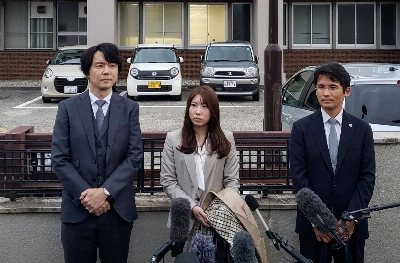NEW YORK -- Recent statements on capital punishment by John Paul Stevens, a U.S. Supreme Court justice, to the American Bar Association could reignite the debate on this important issue. His statements followed several exonerations of death-row inmates through scientific evidence. He said these exonerations are significant "not only because of their relevance to the debate about the wisdom of continuing to administer capital punishment but also because they indicate that there must be serious flaws in our administration of criminal justice."
Stevens made these statements in his home state of Illinois, where controversy flared in 2000 following a series of wrongful convictions that had led then-Gov. George Ryan to halt all executions. Stevens' statements also come at a time when some conservative lawmakers and members of the judiciary are concerned about a series of overturned convictions and public perception of unfairness in the application of the law.
The American Bar Association has repeatedly called for a moratorium on the use of the death penalty on the grounds that the risk of convicting, condemning and executing the innocent is too high, that in some cases incompetent lawyers are provided to the defendants, and on the prevalence of race discrimination.


















With your current subscription plan you can comment on stories. However, before writing your first comment, please create a display name in the Profile section of your subscriber account page.